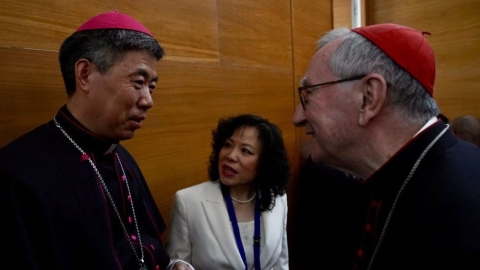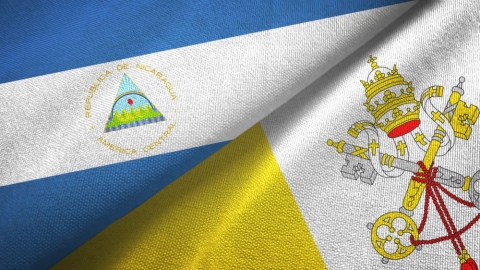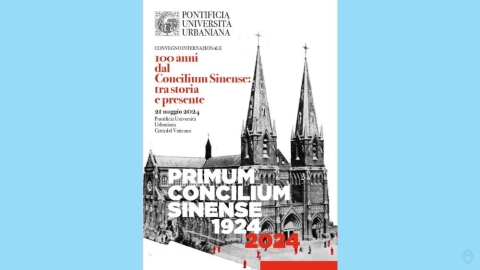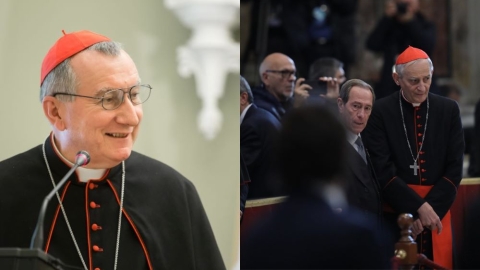COP28: A Trompe l’Oeil Meeting

On December 1, 2023, the 134 States present in Dubai (United Arab Emirates) as part of COP28 committed to including agriculture and food in their climate plan: a hypocritical posture for Britain’s Catholic Agency for Overseas Development (CAFOD), which sees this as an agreement primarily benefiting giants of the food industry.
One of the great innovations of COP28 is presenting agriculture as a key sector of climate action: in the perspective of the organizers of the 28th world climate change conference, food production would be one of the sectors most weakened by the “impacts of climate catastrophes.”
In this context, the declaration signed unanimously on December 1 commits—only morally—the States to integrate food systems in the grand plan to reduce greenhouse gases.
This is hypocrisy for the charitable wing of the Catholic Bishops’ Conference of England and Wales: “Currently only 0.3 percent of climate finance goes to small-scale farmers, although they produce one third of the world’s food.
“This declaration will only work if it encourages governments to focus on strengthening local food systems through solutions that have already proven effective, such as agroecology,” which is not the case, asserts Diego Martinez Schuett.
The question is, in fact, to know where the dizzying sums intended for climate financing in the domain of agriculture are swallowed up, if the first fundamental actors who cultivate the land don’t even receive 1%.
Related Article:
A Decision That Favors Giants of the Food Industry
For the British Catholic agency, it is an open secret; as Crux reports, “‘While the declaration addresses our broken global food system by targeting support for indigenous peoples and small-scale farmers,’ said Diego Martinez Schuett, he also argued that plans to boost global trading systems through the World Trade Organization are only going to benefit big companies.”
COP28’s establishment of a compensation fund from rich countries, large consumers of fossil fuels, for the least industrialized countries, which are often the first to be pillaged in the name of the ecological doxa, is a measure which principally permits a clear conscience.
Rather, the States should “channel financial and technical support towards small-scale farmers and away from big agricultural companies that are damaging the environment,” the CAFOD recommends.
“Care for God’s creation is intrinsically bound up with care for all our brothers and sisters,” Bishop John Arnold recalls, on the sidelines of the Dubai conference; he is the Bishop of Salford and responsible for the English and Welsh episcopate on environmental questions.
This is an opportunity to recall also that the care of this common good of creation concretely translates into submission to the laws imposed by the Creator on his creature—in particular, humanity. This objective is very far from being attained.
(Source : Crux – FSSPX.Actualités)
Illustration : Photo 298021222 / Cop 28 © Mathieu Compin | Dreamstime.com





